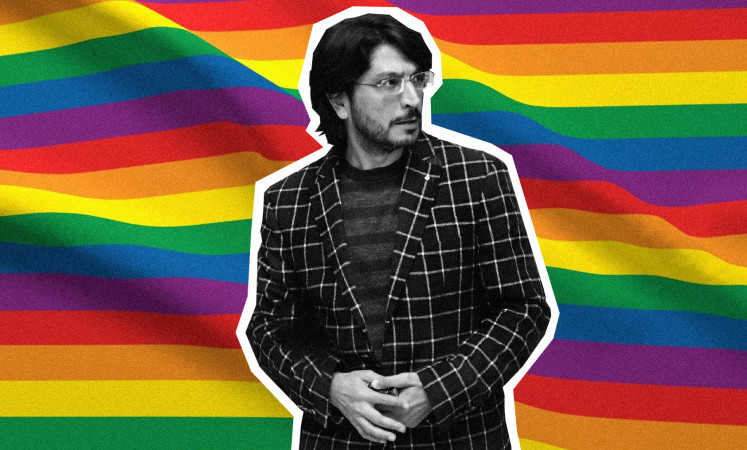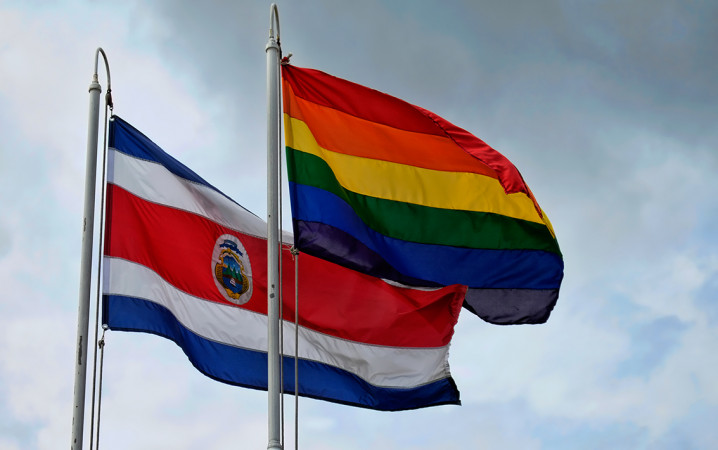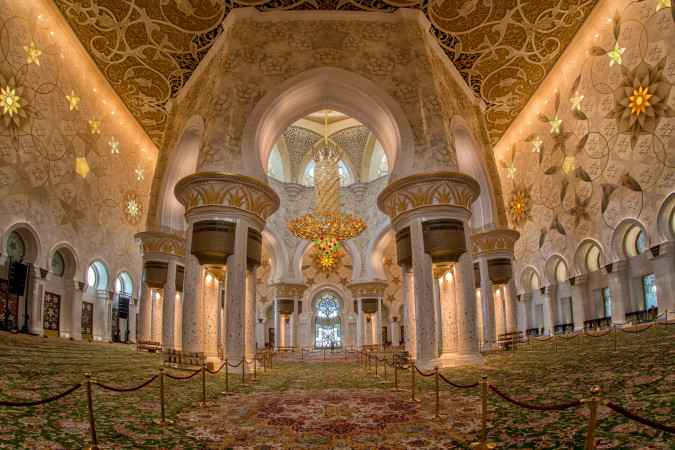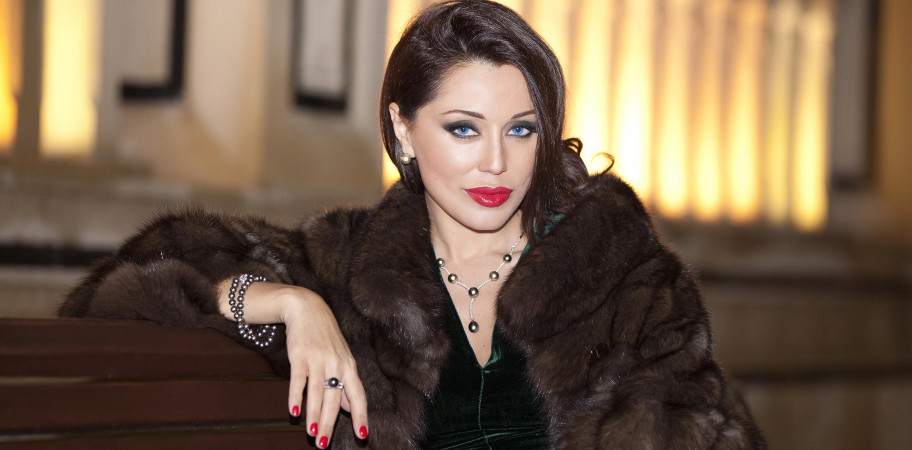Play it, Queer: Pop Music, Identity, and Queerness
Music has always been present in modern societies
02/Apr/24
6425
Play it, Queer: Pop Music, Identity, and Queerness
Music has always been present in modern societies. It is used for entertainment, celebrations, and festivals, to influence consumer behavior, pacify angry crowds, and even to incite armies to war. While music serves these and many other purposes, the main focus of Minority Azerbaijan's editorial is how music helps create, develop, and express a sense of identity in individuals. Music is a dynamic cultural experience that can be created, performed, and consumed individually or collectively.
People use music to regulate their emotions and behaviours and to create desired images of themselves for both themselves and others. Our musical tastes and choices can be significant expressions of our values and relationships.
The production and consumption of music are performative, shaping identities and intersecting with theories of identity such as Butler's notions of gender and sexuality.
Music is a means for us to express and intensify our bodies, intimate thoughts, feelings, and desires.
Gender and sexual identities are also expressed collectively through music and via music. Moreover, music's ability to position individuals in a social environment has the potential to provide marginalised people like queers with a means of empowerment. Music serves as a means to overcome long-standing sexual repression and challenges public/personal dichotomies. Music is widely used in queer identity work to resist gender and sexual norms.
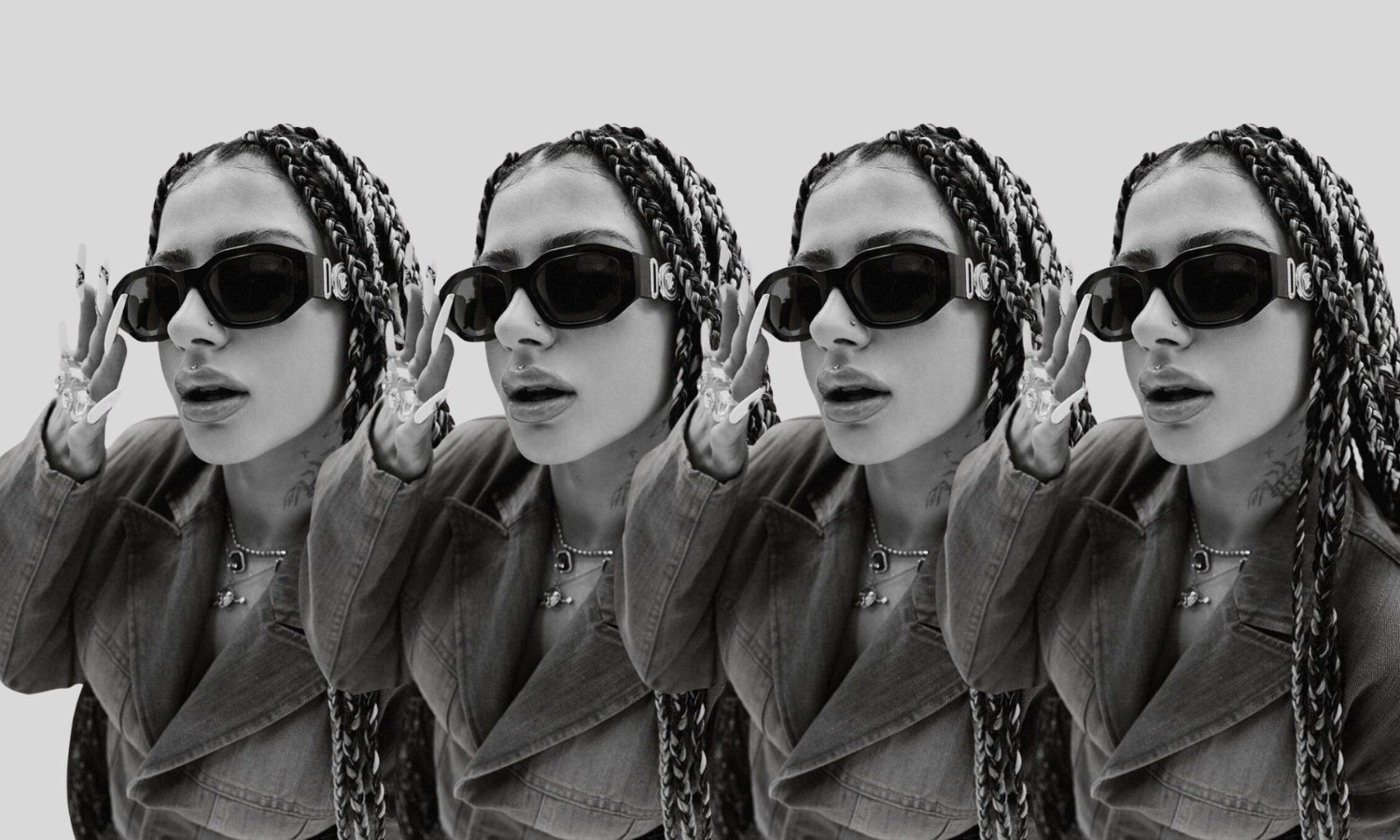
ALIZADE's Music and Queerness
ALIZADE's music can be queer. As she herself sings, it can speak of the abnormal. While music may resemble a sexualised sound environment, it is often associated with the awakening, arousal, and direction of desires.
In addition to being a channel for identity performance, there are some interesting parallels between queerness and music experiences. Music, like queerness, is constructed as dangerous, subversive, and wild—those who create, perform, and enjoy it are often accused of being spiritually weak and seen as potential threats to normal regimes. As gay musicologist Philip Brett once said: "We must remember that all musicians, to speak in the language of the men's changing room, are faggots."
The ability of music to construct, express, stimulate, and direct sexual desires, especially queer desires, turns it into both a dynamic regime of sexual meaning and a threatening agent for puritans.
Today, panic and moral resistance against pop musicians are still evident. Think of pop sensation Lady Gaga and her hyper-feminine, hyper-sexual, and at one time, hermaphroditic [there was once a rumour about Gaga being a hermaphrodite] presentation. Or consider ALIZADE, who was deported from Turkey for her songs, openly supporting hyper-sexual LGBTQI+ individuals, widely listened to within Turkey's LGBTQI+ community, and queered during the March 8th action in Istanbul. Music is a public sphere predominantly created by non-queer individuals for non-queer individuals. However, there are opportunities within music to create a queer world that disrupts the limitations imposed on queerness. This allows us to envision the possibilities of collective, imagined queer futures.
Powered by Froala Editor
